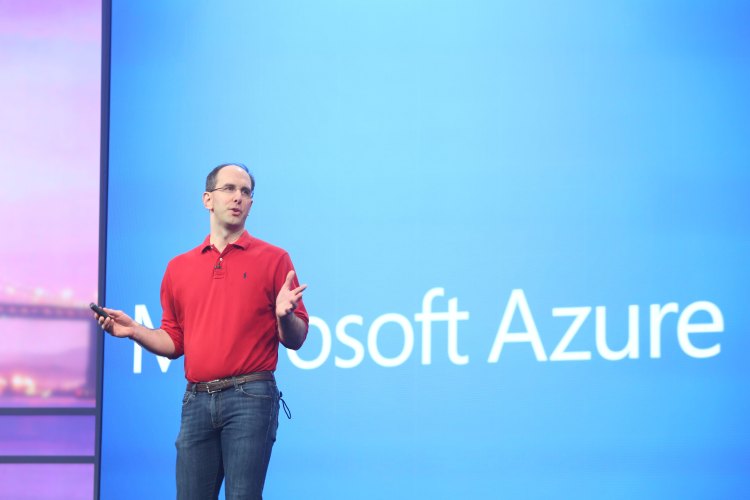Databricks is bringing its cloud service for storing and processing data to Microsoft’s Azure public cloud later this year, VentureBeat has learned.
Databricks’ cloud service, which was introduced in 2014 and is based on the Apache Spark open-source big data software, currently only operates out of Amazon Web Services (AWS), the market-leading public cloud. But in 2015, AWS started promoting the Spark support in its EMR cloud service, which was originally conceived as a managed version of the Hadoop open-source big data software. Spark is considered a more performant alternative to Hadoop.
Databricks isn’t trucking its cloud from AWS to Azure but is instead making the cloud available on Azure as another deployment option, said a source familiar with the matter.
Azure’s HDInsight service, which competes with AWS’ EMR tool, added support for Spark in 2015, weeks after AWS’ Spark announcement. But Databricks, a San Francisco startup, hasn’t been an Azure customer all this time.
Ion Stoica, Databricks’ former chief executive, and currently its executive chairman, wouldn’t say one way or another whether Databricks’ product would be coming to Azure, but he did say that moving to other clouds was not a matter of if, but when. That way, if customers want to migrate from AWS to Azure, they wouldn’t have to worry about Databricks only being in AWS.
“If we are going to other clouds, it’s more about the customers are pulling us, rather than, you know, having any thing like — we never had with Amazon any kind of conflict, so to speak,” Stoica told VentureBeat in an interview.
Microsoft also wouldn’t confirm or deny whether it will be getting new business from Databricks.
“Microsoft has been on a journey to make big data easy and more approachable, and our product integrations with Spark and contributions to the Spark community are an important component of this mission. And we’ll continue to invest in Spark, as well as other data communities,” a Microsoft spokesperson told VentureBeat in an email.
What’s notable here is that Microsoft will be pulling in cloud infrastructure revenue from a hot venture-backed startup. This isn’t unprecedented, but it is unusual. Azure’s reputation is more closely associated with large Windows-oriented IT shops than trendy startups, which typically rely on AWS as the default back end.
There are exceptions to that rule. In November, Microsoft said that artificial intelligence (AI) research nonprofit OpenAI chose Azure as its “primary” cloud platform. Looking beyond Microsoft, Google has succeeded in getting Snap, the company behind Snapchat, to spend $2 billion on its public cloud over a span of five years, according to the Snap initial public offering (IPO) paperwork unveiled last week.
IBM announced in 2015 that it would be collaborating with Databricks amid a big Spark push.
In 2015, Microsoft demonstrated its interest in winning cloud business from startups by offering $500,000 in Azure credits to startups participating in Silicon Valley’s Y Combinator accelerator.
Databricks announced a $60 million funding round in December. Investors include Andreessen Horowitz and New Enterprise Associates (NEA). In addition to its cloud service, Databricks also pulls in revenue through Spark training.
VentureBeat's mission is to be a digital town square for technical decision-makers to gain knowledge about transformative enterprise technology and transact. Learn More

